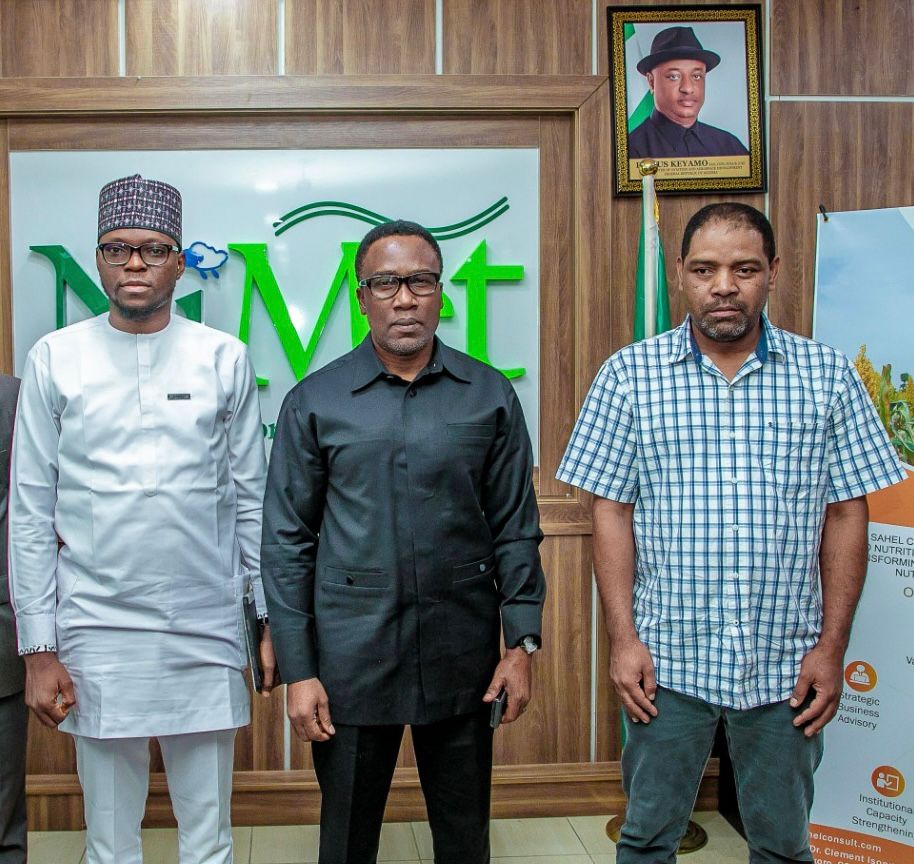
The training, which commenced on Tuesday at NiMet’s headquarters, is part of the agency’s efforts to modernise its weather and climate application tools.
In a statement on Tuesday, the Director General and Chief Executive Officer of NiMet, Prof Charles Anosike, emphasised the importance of the training.
He stated, “This training is in line with NiMet Management’s determination to ensure that staff are adequately trained and skilled in modern trends in weather and climate application tools.”
The program is being conducted in collaboration with Sahel Consulting under the Building Agricultural Systems Resilience in Nigeria Project.
Anosike highlighted the significance of this initiative in supporting the government’s efforts to enhance food security, provide early warnings, and protect lives and property.
Addressing the challenges faced by the agricultural sector, Anosike said, “Agriculture, being the highest employer of labour in the country, is the backbone of our economy, providing livelihoods for millions of Nigerians and ensuring food security for our growing population.”
He further explained that the sector faces significant challenges due to climate change, including erratic weather patterns, among others
He said, “The sector is not without its challenges, including the impacts of climate change – erratic weather patterns, extreme weather events, and shifting climatic conditions, posing severe danger to agricultural productivity and sustainability.”
The training is expected to improve NiMet’s capacity to combine station data with satellite information, thereby enhancing the quality and availability of weather and climate data.
Anosike urged participants to actively engage in the training and be prepared to share their newly acquired knowledge and skills with colleagues afterwards.













